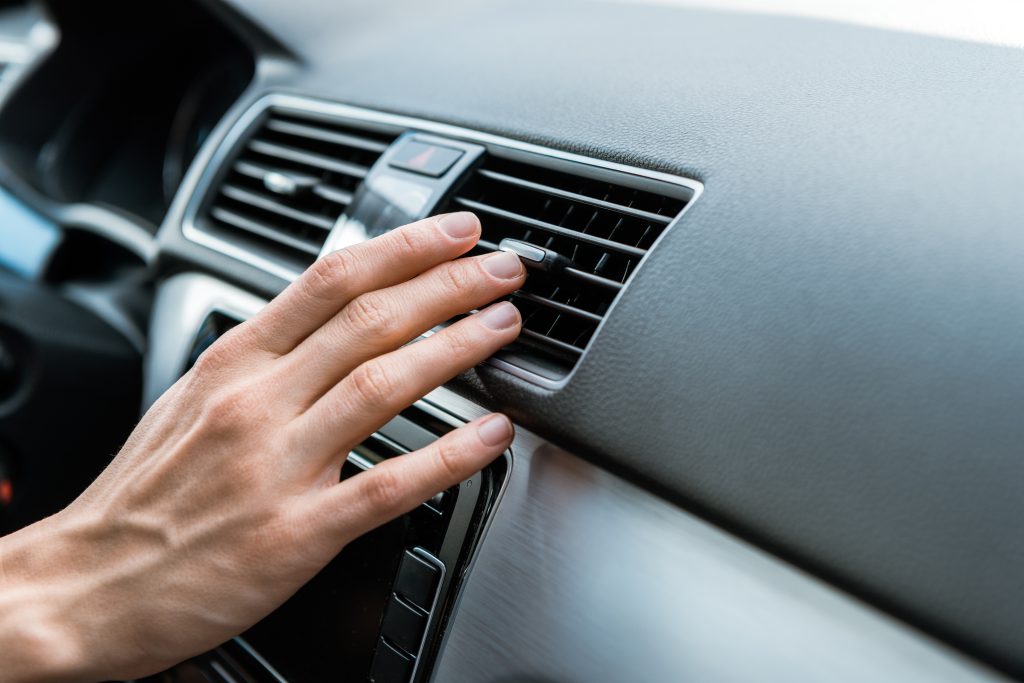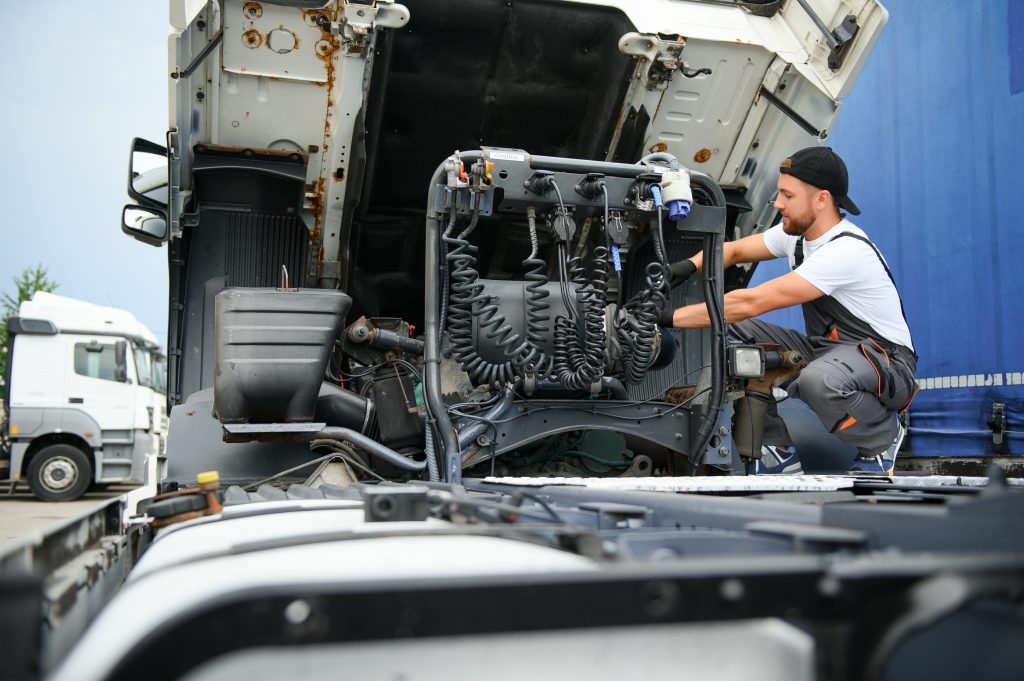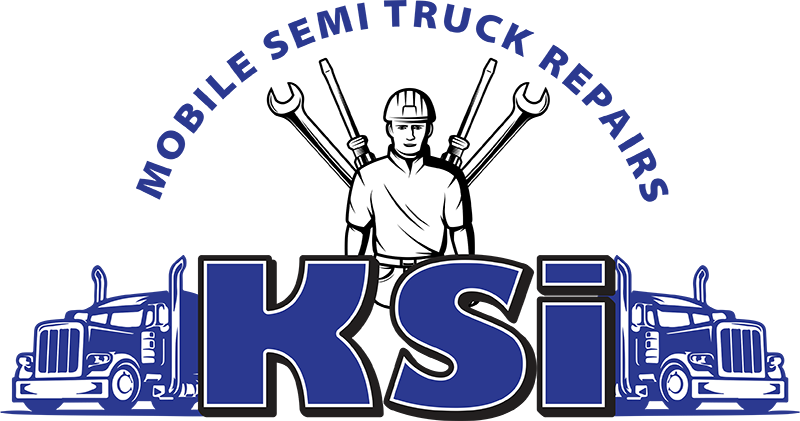Staying Cool on the Road: A Guide to AC Repair for Commercial Trucks
- Home
- Staying Cool on the Road: A Guide to AC Repair for Commercial Trucks
-
By: BrandRep
- 0 Comments
Staying Cool on the Road: A Guide to AC Repair for Commercial Trucks
When it comes to long hauls and intense driving schedules, keeping the cabin of your commercial truck cool is crucial for both comfort and safety. An efficient air conditioning (AC) system can make a difference, especially during the hot summer. Here’s a comprehensive guide to diagnosing, repairing, and maintaining AC systems in commercial trucks, covering everything from refrigerant leaks to compressor failures.
Diagnosing Common AC Problems
The first step in addressing AC issues is proper diagnosis. Here are some common signs that your truck’s AC system might need attention:
- Weak Airflow
If you notice that the airflow from your vents is weaker than usual, it could be due to a clogged air filter, a failing blower motor, or issues with the ductwork.
- Warm Air
When the AC blows warm air instead of cold, it’s often a sign of low refrigerant levels, a failing compressor, or a problem with the condenser.
- Unusual Noises
Strange noises such as grinding, squealing, or hissing can indicate various issues, from a failing compressor to a refrigerant leak or a loose belt.
- Unpleasant Odors
Foul smells emanating from the AC vents might be due to mold or mildew buildup in the evaporator core or a dirty cabin air filter.

Common AC Issues and How to Fix Them
Once you’ve diagnosed the problem, it’s time to get to work. Here are some common AC issues and practical tips for fixing them:
- Refrigerant Leaks
Refrigerant leaks are one of the most common causes of AC failure. To fix a leak:
- Identify the Leak: Use a UV dye and a leak detection kit to find the source of the leak.
- Repair or Replace: Depending on the severity, you may need to replace the leaking component, such as the hose, condenser, or evaporator. Sealants can temporarily fix the issue, but we do not recommend them for long-term solutions.
- Recharge the System: Recharge the system with the correct type and amount of refrigerant after fixing the leak.
- Compressor Failures
The compressor is the heart of the AC system. Common symptoms of a failing compressor include loud noises and warm air from the vents.
- Check the Clutch: Ensure that the compressor clutch is engaging correctly. If it isn’t, you may need to replace it.
- Inspect for Electrical Issues: Check the wiring and fuses connected to the compressor for any faults.
- Replace the Compressor: If the compressor has failed, replace it. Ensure the system is flushed and clean before installing the new compressor.
- Condenser Problems
The condenser dissipates heat from the refrigerant. If it’s blocked or damaged, the AC won’t cool properly.
- Clean the Condenser: Use a condenser cleaner or compressed air to remove debris or dirt.
- Check for Damage: Inspect for bent fins or leaks. You can repair minor damage but must replace parts with severe damage.
- Electrical Issues
AC systems rely on various electrical components, including sensors, fuses, and relays.
- Inspect Wiring: Look for any damaged or frayed wires and replace them as needed.
- Check Fuses and Relays: Replace any blown fuses or faulty relays to restore functionality.
Maintenance Tips for a Healthy AC System
Preventive maintenance can save you from unexpected breakdowns and costly repairs. Here are some tips to keep your AC system in top shape:
- Regular Inspections
Regular inspections of the AC system should be conducted, especially before the summer season. Check for signs of wear and tear, refrigerant levels, and any leaks.
- Replace Air Filters
A clean air filter ensures optimal airflow and prevents contaminants from entering the system. Replace the cabin air filter per the manufacturer’s recommendations, typically every 12,000 to 15,000 miles.
- Keep the Condenser Clean
Clean the condenser regularly to prevent dirt and debris buildup. A clean condenser allows for better heat dissipation and improved cooling efficiency.
- Use the AC Regularly
Even in cooler months, running the AC periodically helps keep the system lubricated and prevents seals from drying out.
- Schedule Professional Maintenance
Regular maintenance by a professional technician can identify potential issues before they become significant problems. Consider scheduling a comprehensive AC service at least once a year.

Staying Cool on the Road
Maintaining a relaxed and comfortable cabin is essential for any commercial truck driver. By understanding common AC issues and how to fix them and following preventive maintenance tips, you can ensure your AC system remains reliable and efficient. Whether diagnosing refrigerant leaks or addressing compressor failures, staying proactive with your AC maintenance will keep your fleet cool and ready for the road ahead.
Visit our blog for more expert tips and detailed guides. Don’t hesitate to contact us for professional assistance with your truck’s AC system or other truck repair services. Our team of skilled technicians is always ready to help keep your fleet in top condition.
The Economic Impact of Proactive Tire Maintenance
Investing in routine tire maintenance can bring substantial economic benefits for trucking companies. Proper tire care reduces the need for frequent replacements, lowers fuel consumption, and minimizes downtime caused by tire-related issues. Moreover, the cost savings from extended tire life and improved fuel economy directly impact the bottom line, making routine maintenance a wise financial decision for any fleet.
Proactive tire maintenance is more than a cost-saving strategy; it is a crucial component of fleet management that ensures operational efficiency, enhances safety, and maintains compliance. By prioritizing regular tire inspections, rotations, and alignments, fleet operators can safeguard their vehicles against premature wear and breakdowns, contributing to a more profitable and reliable operation. Contact KSI Mobile Semi Truck Repairs to learn about our comprehensive tire maintenance services. Visit our blog for additional tips and insights on maintaining your fleet effectively.
